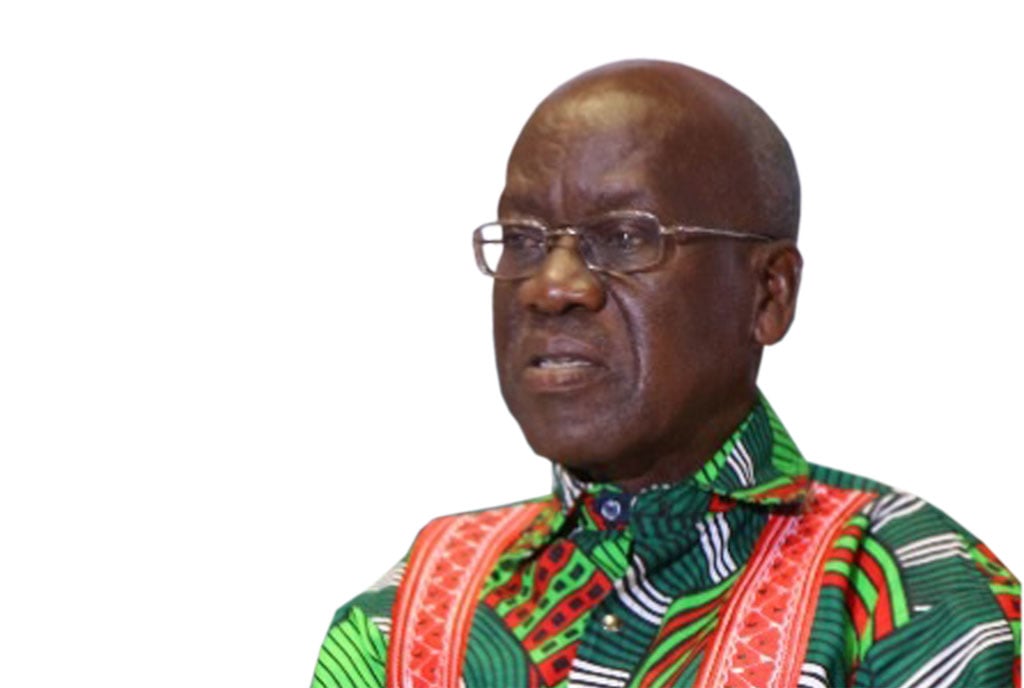Prime
The mother of science and technology

Author: Prof Timothy Wangusa is a poet and novelist. PHOTO/FILE
What you need to know:
- Just as there is science and applied science, so is there language and applied language.
If this planet of ours called earth had no human words being spoken on it right now, what kind of planet would it be? Or, if we rewind the clock to the distant beginnings when there were yet no human words being spoken upon its face, what kind of planet was it? Or, furthermore, if we fast-forward to a future millennium when there might be no human words still being spoken upon its face, what modified planet will earth have become?
With due humility, I recall that the mother of science and technology was duly named – as language – by way of answering the above questions in my inaugural lecture, entitled ‘A Wordless World’, 40 years ago, i.e. in 1982, following my appointment by Makerere University to the position of professor of Literature.
It was and still is the practice that within one year of being appointed to the chair of an academic department, the relevant professor had to deliver his/her inaugural lecture on a subject of intellectual and professional interest regarding which the professor takes a particular stand and rigorously defends it. In other words, it is a public pronouncement on what a particular professor especially professes about his/her specific academic engagement.
As a starting point, I imaginatively recreated the prehistoric scenario where original man initially invented or evolved human speech; and having done that, he used language to itemise and name his world – and in so doing he established mastery over it and became its governor. Superseding the use of gestures, verbal communication consequently became the mother of all aspects of human development – from the discovery of fire, to the invention of the wheel, to the complex achievements of modern science and technology.
With specific focus on Uganda, I pointed out to my audience that within the very first decade of our county’s acquisition of political independence, there had already emerged ill-informed and crude voices advocating for giving priority to “tractor drivers over Shakespeare” in the all-important matter of national planning and development.
The “tractor drivers over Shakespeare” notion was articulated by a real and known official in the ministry of Education which was at the time headed by Dr JS Luyimbazi-Zake. “Tractor drivers” was shorthand for hands-on and machine-assisted pursuits, while “Shakespeare” stood for the arts and humanities and foreignness.
Fifty years on, the presumed superiority of science over the arts is being pushed by none other than the highest single voice in the land, to the effect that one science teacher is almost as good as 10 arts teachers, and that their respective remunerations should reflect this equation. A science-based economy indeed!
Back to 40 years ago: the point was made in my inaugural lecture that just as there is science and applied science or technology, so is there language and applied language. When language is applied creatively or imaginatively to express more than commonplace truth, the result is indeed what literature is. But literature does not stand alone in expressing human values of the spirit that do not need science laboratory experiments to vindicate their truth. It is a sister discipline within the intellectual and professional pursuits known as arts and humanities.
The other point was that maybe the world was getting to a stage when words must cease being the standard mode of human communication. That maybe we were living on the verge of a post-verbal age in the history of the world, when man must come of age and get on to digitalised, codified, and wordless forms of communication.
The worst alternative to the above scenario would be that man, having grown deaf to the creative, redemptive word of poet and prophet – will (in a phrase by the poet Dennis Brutus) blow up this earth in “one incandescent flash”…
And whereas in the beginning was the word, and the word was with man; if in the end there was no word, and no word was with no man – what a silent, wordless world that would be!
.Prof Timothy Wangusa is a poet and novelist.


